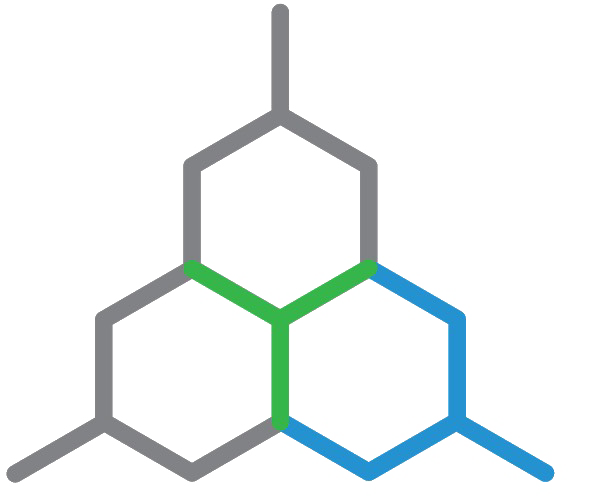FDA Approves First Peanut Allergy Drug
Palforzia becomes the first FDA-approved medicine designed to lower the likelihood of severe allergic reactions to peanut products. Developed by California-based Aimmune Therapeutics, the oral immunotherapy can reduce life-threatening allergic reactions in children and is intended to be used in conjunction with strict peanut avoidance. An estimated 1.6mm children and teenagers in the United States have a peanut allergy. Even with mindful avoidance, unintentional exposure occurs. While the vote in favor of approving the drug was 7-2, the dissenting members of the FDA advisory voiced concerns regarding the drug’s efficacy and safety.
Digital Platform for Musculoskeletal Pain Raises $90mm
Hinge Health, a digital health startup that targets musculoskeletal disorders (MSK), has raised $90mm in a Series C round. The company’s solution uses wearable sensors to track a person’s physical therapy progress, and connects them with health coaches through an app. The company aims to help users improve their chronic joint and back pain from the comfort of their homes. Hinge Health currently sells directly to employers and has already inked partnerships with retailers like Walgreens and health plans like Blue Cross and Blue Shield of Texas. The company plans to use the influx of funding to continue to scale the company.
$600mm Humana Venture to Focus on Development of Senior Care Centers
Humana and private equity firm Welsh, Carson, Anderson & Stowe (WCAS) have partnered in a $600mm joint venture to develop senior-focused primary care centers for Medicare patients. WCAS’ General Partner cites a “significant, unmet need for value-based, senior-focused primary care” as a major reason for the venture. The development of the care centers will fall under Humana’s senior-focused care subsidiary, Partners in Primary Care, which currently has 47 centers across the United States. This new venture would effectively double the number of their clinics over the next three years and has a special focus on developing senior care centers in underserved communities where access to quality care is limited.








